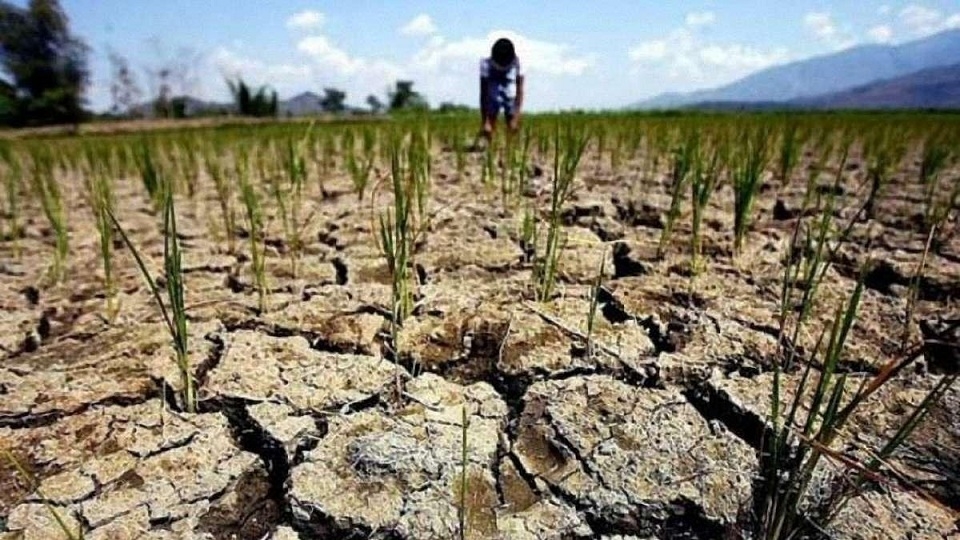Increasing heat in Ukraine and the Russian Federation will be the main factor affecting the markets in the coming weeks

In the third decade of June, the agro-meteorological conditions in most of Ukraine , with the exception of the southeastern regions, were satisfactory for the vegetation of late crops, ripening and the beginning of harvesting of early cereals and legumes, - reports the Ukrhydrometeorological center.
In most areas, the precipitation maintained soil moisture at a sufficient level, but the increase in heat to 30-35 o C at the beginning of July had a negative impact on crops, especially in the eastern regions, where the amount of rain was less. A new heat wave forecast for next week will continue to negatively affect soybean and corn crops.
The heat prevailed in the central regions of the Russian Federation this week, which will continue next week as well, which will negatively affect the sowing of spring crops, although it will speed up the ripening and harvesting of winter crops.
A new wave of precipitation from France and Germany came to the south-east of Europe . During the week, several more fronts are expected to bring unwanted precipitation to France and Germany, and much-needed moisture to arid areas in eastern countries. In the south and east of Europe, the heat has a negative effect on the sowing of spring crops.
In the U.S. Corn Belt, intermittent showers and mild temperatures are helping crops grow, and temperatures will rise next week, which will accelerate plant development. The front will bring heavy rains and cold weather to the Central and Southern Plains of the United States, which will have a positive effect on most crops.
Canada's prairies will see heavy rain next week, but the cool weather is slowing plant growth. At the end of the week, temperatures will rise slightly, which will accelerate the development of crops.
Brazil is ramping up second-crop corn harvesting and analysts are raising production forecasts on the back of good yields. Next week, the front will bring rains to the south and central regions, which will have a favorable effect on winter wheat crops.
In Argentina, the precipitation deficit is increasing, and low soil moisture is observed in most of the winter wheat crops. The northern regions will experience rain this weekend, but the main wheat-growing regions will remain without precipitation. In addition, wheat crops will be negatively affected by low temperatures with frost in the air.
Favorable weather prevails in most areas of winter crop cultivation in Australia , and additional rains will pass in the east and west of the country next week.


